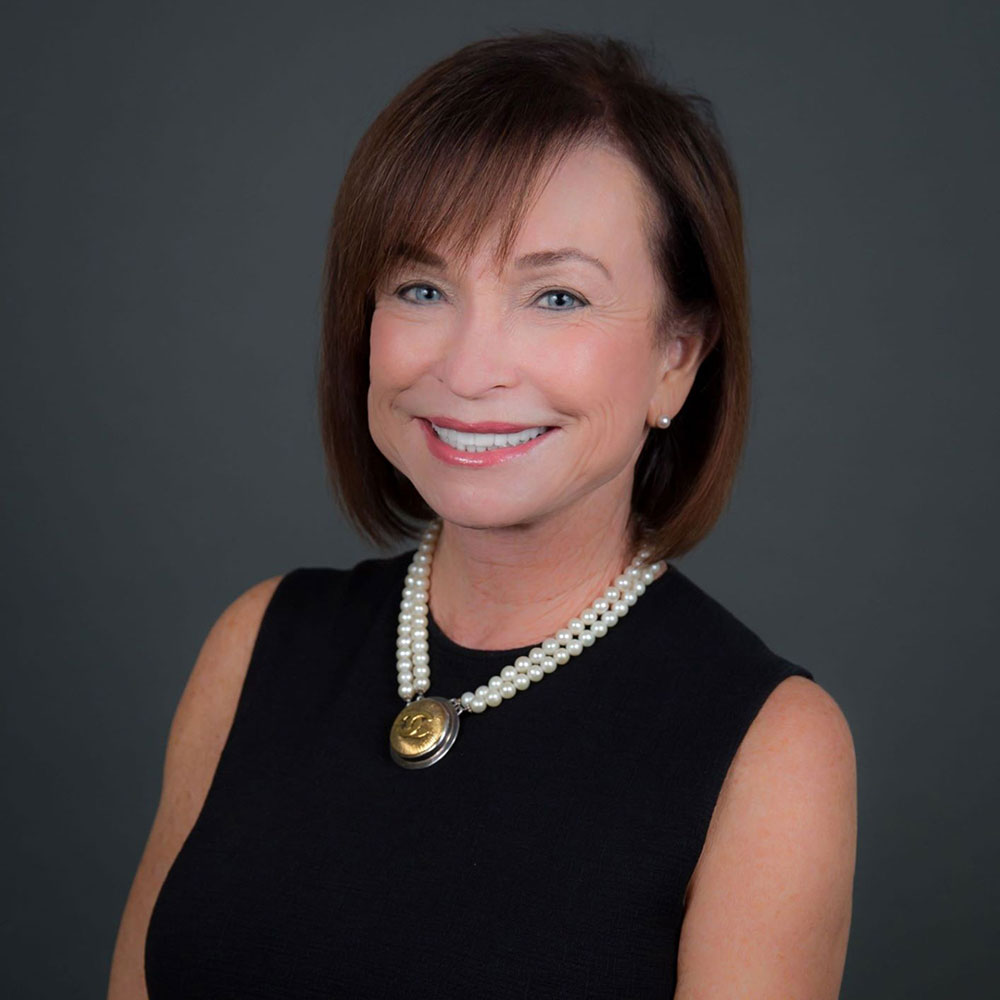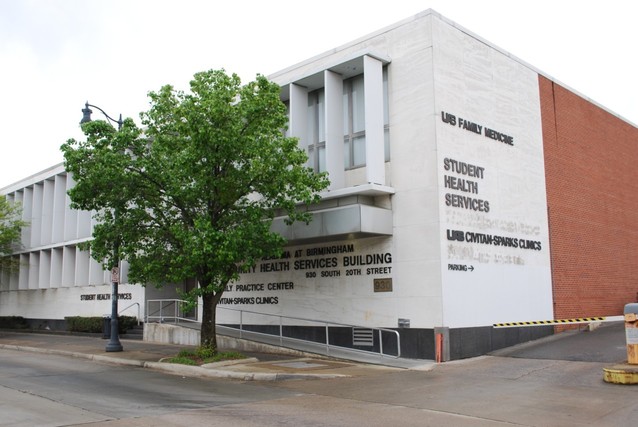 Sheila BensonSheila Benson is also a grandmother, and one of her grandsons, Collin, is on the autism spectrum. Autism spectrum disorders (ASDs) are developmental disabilities that can cause significant social, communication and behavioral challenges, according to the Centers for Disease Control and Prevention (CDC). ASDs are more than four times more common among boys than girls, research shows.
Sheila BensonSheila Benson is also a grandmother, and one of her grandsons, Collin, is on the autism spectrum. Autism spectrum disorders (ASDs) are developmental disabilities that can cause significant social, communication and behavioral challenges, according to the Centers for Disease Control and Prevention (CDC). ASDs are more than four times more common among boys than girls, research shows.
When Collin was still in utero, he had a stroke that impacted his left arm and leg. When he was a few months old, the family could see that his motor skills were not quite as advanced as their older sons at that age. When examined, doctors told the family that either he wouldn’t make it, or his brain would start functioning and a miracle would occur. The latter happened, and Collin is 14 today, a student in Shelby County—but also nonverbal. Parents struggle to find resources when their child is on the spectrum, Benson said.
As a child, Collin benefited from the services at places like The Bell Center and Mitchell’s Place, but, Benson said, there is so little known about autism spectrum disorders even today that it’s staggering. In 2002, just 20 years ago, the CDC reported that 1 in 150 children were on the autism spectrum; in 2018, when the most recent data was collected, that number skyrocketed to 1 in 44—and there’s still so much that is unknown.
“Resources are still limited, and waiting lists are overwhelming,” she said.
That’s where Benson is stepping in, seeking to use the same determination and grit that she built successful companies with to help in the fight to better understand autism. Her gift to UAB’s Civitan-Sparks Clinic—which provides evaluation and intervention services for individuals with a broad range of physical, developmental, learning or behavioral challenges—will help provide the clinic resources to better understand autism’s effect not only on children on the spectrum but on the families who love them. Benson, through her charitable organization the Sheila D. Benson Foundation, has gifted $100,000 to the Civitan-Sparks Clinic to support the clinic’s ability to increase autism-specific diagnostic evaluations and follow up care, helping families with a diagnosis navigate the many issues associated with autism spectrum disorders.
“Some people are just fighters, and they’re going to make things better one way or the other,” Benson said. “Honestly, it’s so tough. We’re a little more fortunate than others because we don’t have the financial burden the majority of people have. A lot of parents are single parents, and the financial burden is terrible.”
Benson’s gift will allow the Civitan-Sparks Clinic to hire an additional social worker who will help with care coordination, said Laura McGuinn, M.D., developmental-behavioral pediatrician and the Thomas Lowder Chair in Developmental and Behavioral Pediatrics for the Civitan-Sparks Clinic. The gift will also help the clinic improve its information hub for families and pediatricians on its website, allowing the site to be more informative as to how to access and navigate services.
“This gift will allow us to improve care coordination, which is very challenging for families who are receiving a new diagnosis of autism,” she said. “We are very grateful for it. Without it, we wouldn’t be able to help people as effectively.”
 UAB Civitan-Sparks Clinic building. It’s Benson’s hope that the Civitan-Sparks Clinic will provide a roadmap of the state of autism in Alabama, what can be done to make strides forward and how best to make substantial, significant impact. The clinic will collect ample data and statistics, build a comprehensive website and work toward better processes to serve families with a child on the spectrum.
UAB Civitan-Sparks Clinic building. It’s Benson’s hope that the Civitan-Sparks Clinic will provide a roadmap of the state of autism in Alabama, what can be done to make strides forward and how best to make substantial, significant impact. The clinic will collect ample data and statistics, build a comprehensive website and work toward better processes to serve families with a child on the spectrum.
“The most important thing we can do now is give [families] additional resources,” Benson said. “I’m very excited that we can make a difference and bring attention [to autism]. What we want to do at UAB is to start understanding the functionalities of all of the different agencies—what’s available? How can resources be found easily? Parents rarely know where to begin their research and are afraid to confirm their worst fears. The longer we wait, the harder it is for a child with autism to catch up.”
Benson is especially passionate about the benefits of early intervention and how the landscape of early intervention is changing.
“There’s an incredible opportunity to see diagnoses in children early,” she said. “It’s so important for us to research and diagnose the root cause. I hope we will be able to get the message out where people will realize we can’t hide [autism] under a rock. It’s growing. There have been changes made, but not nearly what changes need to be made if we want to be ahead of other states.”
Andrea Martin, senior director of development at the UAB Heersink School of Medicine, has been a part of Benson’s gift from its inception.
“I am so honored to be witness to Ms. Benson’s incredible generosity,” she said. “Her own grandson’s journey has inspired her to raise awareness about a disorder that is too often left unspoken. Her passion to make a difference in the lives of individuals and families living with autism is both remarkable and inspiring. We are all deeply grateful to her for making such an impactful gift.”
Benson said the last study on autism in Alabama was in 2008—14 years ago, the same year her beloved grandson, Collin, was born. Through this gift and her foundation’s work with the Civitan-Sparks Clinic, Benson wants that to change—to better the lives of those on the spectrum, their families and, in turn, the world around them.
Benson can’t change the past or her grandson’s diagnosis, “but if I can help another child, that would be amazing,” she said through tears.


